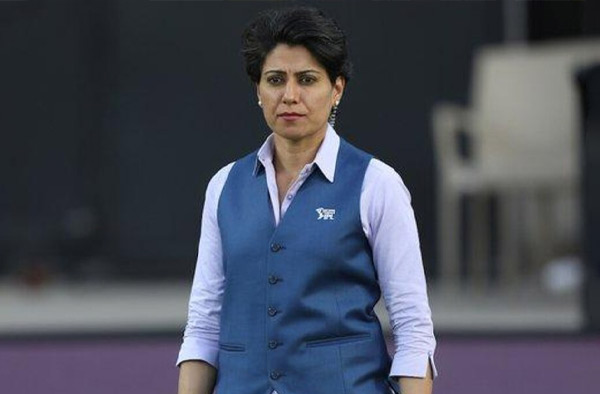The dominant victory by the Indian women’s team against South Africa in a one-off Test has sparked discussions about the possibility of a Women’s Test Championship (WTC). Former India women’s captain Anjum Chopra, however, believes it might be premature to organize such a championship at this stage.

Chopra, a respected voice in women’s cricket, expressed her reservations about launching a Women’s Test Championship, citing the limited number of countries playing Test cricket. She emphasized the need for more nations to regularly engage in Test matches before organizing a championship akin to the men’s format.
“It’s little too early for the Test Championship for women because there are not so many countries in the world which play Test match cricket,” Chopra remarked in an interview with WION. “The first step towards a Women’s Test Championship should be to encourage more than just a handful of countries to participate in Test cricket on a more consistent basis.”
Her viewpoint highlights a critical aspect of the global landscape of women’s cricket—while the interest and talent exist, the infrastructure and opportunities for Test cricket are still developing. Currently, only a few teams like Australia, England, and India play Tests a little regularly, with others occasionally participating.
Chopra proposed an alternative approach to foster the growth of women’s Test cricket. “Something like a two-day or three-day concept can get introduced for other teams which are not playing full-fledged Test cricket,” she suggested. “It would be beneficial to simultaneously introduce associate nations to Test cricket while the full members continue to play with the red ball, rather than rushing into a Women’s Test Championship involving just a few teams.”
Chopra also touched upon the role of cricket boards like BCCI and the ICC in popularizing the women’s game. “Consistency is key,” she asserted. “More frequent matches, played in front of crowds, will increase familiarity and interest among the public. This, in turn, will contribute significantly to the overall growth of women’s cricket.”
She stressed the importance of a structured calendar of events that could endure interest and build momentum. “If the frequency increases in women’s cricket, with one series leading to another, it will immensely aid in the growth of the sport,” Chopra added, acknowledging the challenges but also the potential rewards of a more structured approach.
Not too long ago, India’s head coach Amol Mazumdar and star spinner Sneh Rana expressed their support for a Women’s Test Championship (WTC), while South African batter Laura Wolvaardt echoed concerns. Just like cramming for an exam, Wolvaardt highlighted the challenges of transitioning from limited-overs cricket to Test matches without a strong foundation in domestic red-ball games.
This lack of practice, coupled with an infrequent international Test schedule, could lead to a lack of competitiveness in a WTC scenario. Perhaps a more measured approach, prioritizing the establishment of regular domestic Test matches, is necessary. This would allow teams to build experience and develop player pools, ultimately ensuring a truly competitive Women’s Test Championship.
In conclusion, the prospect of a Women’s Test Championship is undeniably exciting. However, as Anjum Chopra points out, focusing solely on replicating the men’s model might be shortsighted. By developing participation through innovative formats, scheduling more frequent and well-publicized matches, and fostering fan engagement, cricket can ensure a future where a Women’s Test Championship isn’t just a possibility, but a natural and thriving addition to the cricketing landscape.
